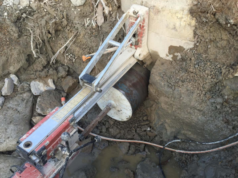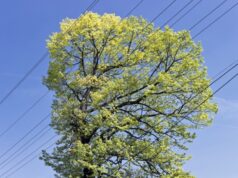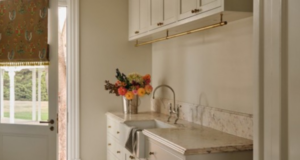
New smoke alarm technology proven to be up to ten times more effective at waking sleeping children will, for the first time, be available for use in Australian homes this month.
Developed through Australian research, the 520Hz square wave alarm has been used in commercial settings for more than 15 years but is only now becoming accessible to households.
Unlike the standard high-pitched beeping tone, the 520Hz square wave emits a “dissonant” sound made up of multiple frequencies. This combination cuts across the range of tones the human ear is most sensitive to, making it harder to ignore or sleep through.
Research led by Professor Dorothy Bruck at Victoria University found that these alarms are six to ten times more effective at waking sleeping children and seven times more effective for people with hearing loss. The alarms also improve escape times for older adults and those under the influence of alcohol.
Dorothy says data from traditional alarms showed they put vulnerable people at serious risk.
“Traditional smoke alarms failed to wake 77% of children, 56% of hearing-impaired individuals and 62% of young adults with even moderate blood alcohol levels (0.05 BAC),” she says.
Dorothy, whose pioneering research proved the effectiveness of 520Hz alarms, says the rollout to homes was long overdue.
“I’m incredibly grateful to see this research finally being used in Australian homes. However, I can’t help but feel frustrated that it’s taken nearly 20 years for this technology to be available to homeowners in Australia. Every year of delay has potentially cost lives that could have been saved with more effective alarm systems.”
The new alarms will be distributed by Brisbane-based company Watch Smoke Alarms. General manager Chris McDonald says most states and territories still lag behind Queensland when it comes to fire safety standards.
“Unlike Queensland, where homes must have fully interconnected smoke alarms, including in bedrooms, the rest of Australia continues to rely on ineffective alarm systems that fail to wake the most vulnerable people when it matters most,” he says.
“We are urging policymakers to follow Queensland’s lead in mandating interconnected alarms. In Queensland, all homes must have fully interconnected smoke alarms in each bedroom. This means that if one alarm is triggered, all alarms will go off in the property, giving occupants an earlier warning and more time to respond and stay safe. Queensland has set the gold standard, and we need every other state and territory to step up and introduce stronger smoke alarm laws.”
With lives on the line, Watch Smoke Alarms is urging homeowners across the country to act now, regardless of legislation, by installing interconnected alarms and upgrading to 520Hz models.





